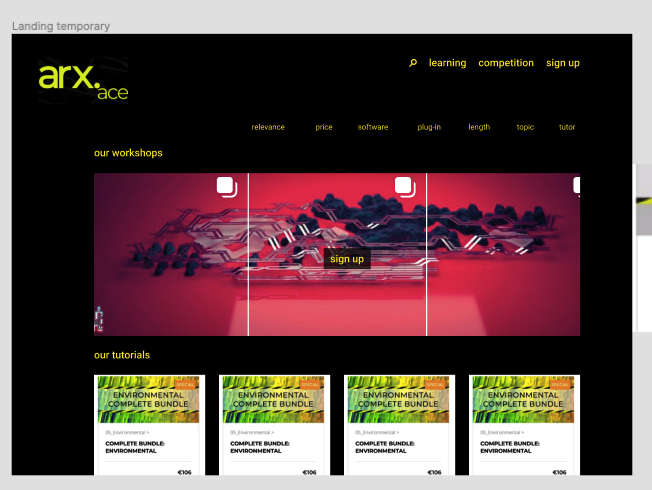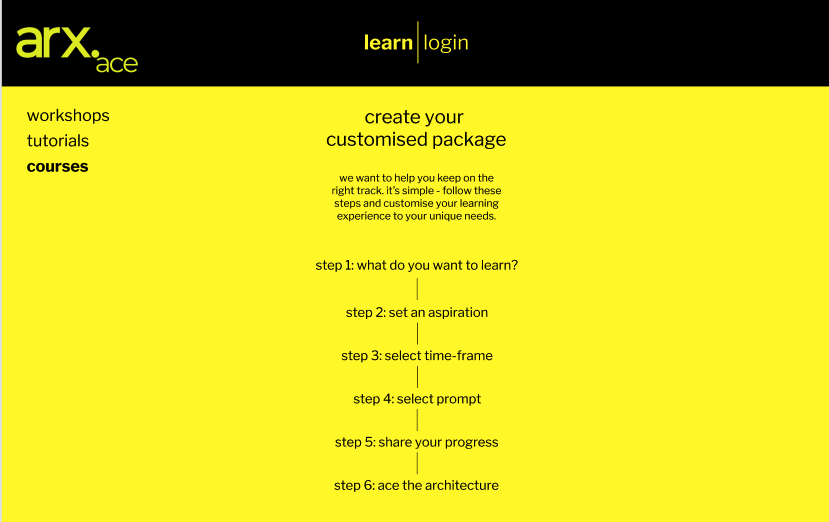Chapter (2)
My Case Studies
Case study: Directional research for an e-learning platform start-up
Background
The start-up is an e-learning platform for architects and other design enthusiasts. Their content is dedicated to controversial futuristic design that is often missing in a universities’ curriculum.Challenges
There was no budget for research and other product team members such as a UX or content designer. The MVP was not performing well and there was an assumption that navigation hinders users’ decisions to find and choose relevant content.Impact
Landing page redesign led to a more positive on-site feedback for findability with a rating improvement from 3 to 6 (out of 7).Objectives
- Understand desirability and users’ satisfaction of the current website.
- Evaluate performance of navigation and measure time-on-task and evaluate findability.
- Understand users preferences and likability of the current website and content available.
- Understand preferences around navigation and how users intuitively bucket information to improve navigation.
Methods
- Moderated usability testing,
- open card sorting,
- ideation exercise,
- closed card sorting,
- performance and attitudinal metrics,
- on-site feedback survey.
Participants
I spoke to 10 users across two user groups.Constraints: Due to no budget available, I used availability sampling and identified users that matched the user groups and participant criteria the closest. Based on discovery, two out of three user groups were shown to be more interested in the product and so these were prioritised in research and represented 5 particiapnts per group.
Deliverables
- Usability research canvas with highlighted errors and recommended design changes,
- ideation and behavioural design led concept development,
- prioritised product backlog and roadmap,
- sitemaps,
- high-fidelity wireframes with filters,
- user story map workshop.

